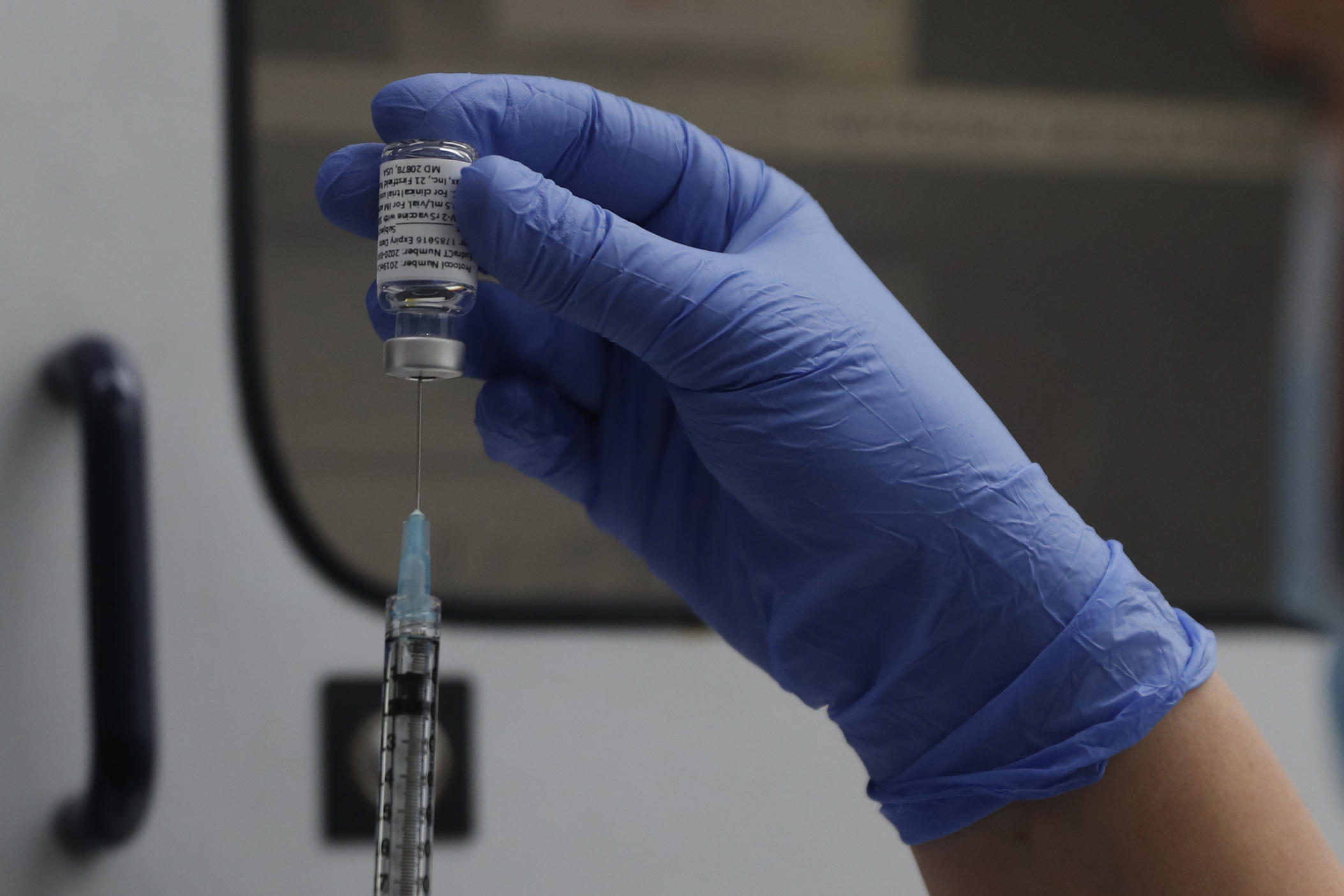Section Branding
Header Content
Novavax COVID-19 vaccine rollout in Georgia could breach the divide with the unvaccinated
Primary Content
Last month, the Centers for Disease Control and Prevention and the Food and Drug Administration endorsed the new COVID-19 vaccine, Novavax. Health care providers hope to reach the roughly 20% of people in the U.S. who have not been vaccinated against the virus at all.
Novovax is a more traditional, protein-based vaccine that does not rely on messenger RNA technology. According to spokespeople from the Georgia Department of Public Health, 5,700 doses will be distributed across the state's 18 public health districts in the coming week.
The Coastal Public Health district covers Savannah and surrounding counties and is already alerting the public about Novavax availability.
Coastal Health Director Lawton Davis said Novavax might help address vaccine hesitancy, because it relies on the same methods used to treat diseases like tetanus and HPV.
“In that sense, it's much more traditional,” Davis said. “And some people may elect or be willing to take that, whereas they weren't willing to take a messenger RNA vaccine.”
The Coastal Public Health District and neighboring Southeast Public Health district have some of the lowest vaccination rates in the state, concentrated in more rural counties. A report from January from the CDC outlines that disparities between urban and rural areas had more than doubled since the previous year. Lawton is skeptical that Novavax alone will change that.
“I think like much of the rest of the world, the people in some of these smaller counties are suffering from what we would all collectively call COVID fatigue,” Davis said.
Katie Hadden is the public information officer for Southeast Public Health, based in Waycross.
“People really take the recommendations from people that they trust,” Hadden said.
That’s why vaccination promotion efforts have primarily focussed on media partnerships with faith-based leaders, educators and local government leaders, Hadden said. Her office has also deployed mobile vaccination units to reach workers in the agriculture sector.
While vaccine supply was low at the start of the pandemic because of high demand, Davis said now his public health district “just needs arms.” District offices switched to weekly COVID-19 vaccines rather than offering daily appointments in the past few months, Davis says, because the existing mRNA vaccines don’t have a long shelf life.
"Probably most of the people that are in that category that have gotten vaccinated and encourage their friends and family to get vaccinated, that's already happened," Davis said. "But it doesn't mean we need to give up."


